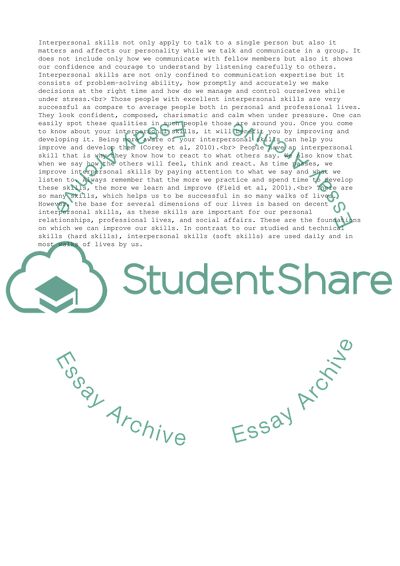Cite this document
(“Interpersonal effectiveness- managing conflicts Research Paper”, n.d.)
Interpersonal effectiveness- managing conflicts Research Paper. Retrieved from https://studentshare.org/business/1604942-interpersonal-effectiveness-managing-conflicts
Interpersonal effectiveness- managing conflicts Research Paper. Retrieved from https://studentshare.org/business/1604942-interpersonal-effectiveness-managing-conflicts
(Interpersonal Effectiveness- Managing Conflicts Research Paper)
Interpersonal Effectiveness- Managing Conflicts Research Paper. https://studentshare.org/business/1604942-interpersonal-effectiveness-managing-conflicts.
Interpersonal Effectiveness- Managing Conflicts Research Paper. https://studentshare.org/business/1604942-interpersonal-effectiveness-managing-conflicts.
“Interpersonal Effectiveness- Managing Conflicts Research Paper”, n.d. https://studentshare.org/business/1604942-interpersonal-effectiveness-managing-conflicts.


